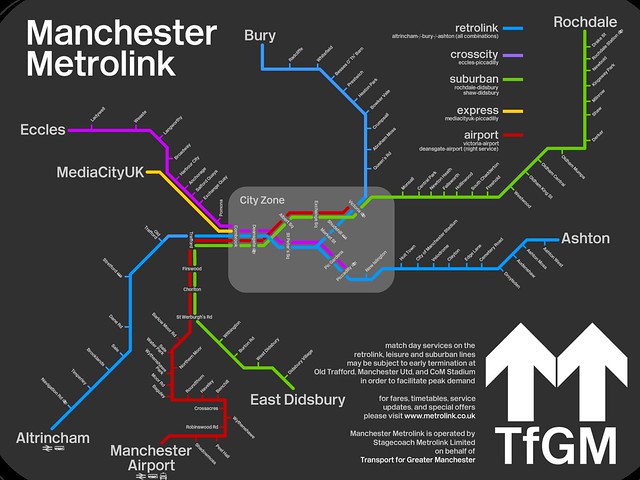I had the pleasure of attending and speaking at
Oreilly’s Tools of Change conference in Frankfurt last week.
Tools of change or TOC for me has become the place for interesting innovations centred around publishing. Of course it makes sense because Oreilly themselves are mainly a publisher and are leading the field.
The sessions I mainly attended were around innovation in the publishing space. However a bulk of the talks centred around DRM (restrictions and rights) and moving digital workflow through-out. There was a feeling that something wasn’t being talked about and that thing was Amazon. In the same way Apple came into the music market with the savour, there was a feeling the same might be coming true.
I attended quite a few sessions but I didn’t speak up till I attended a session titled… Innovators Track: Innovative Business Models. I started tweeting some things which I thought were fair. And then I thought, well I’m going to make my feelings known rather than stay silent. The crux of my complaint was I felt like we were at a sales pitch and I wasn’t the only one who felt it. A guy I was standing next to turned to me and said, “never send your sales staff to a conference…” And you know what he was darn right… Anyway I asked my question, which was something like “Ummmmm, wheres the innovation and creativity in what you guys are doing?” That didn’t go down too well but Sophie Rochester who was due to chair the panel I would be on later, skillfully asked the question and also make it clear this wasn’t really about creativity and innovations and our session later would be the place for that. She also suggested that from a outsiders perspective it may not look like much but it was. I say nothing more, but people at lunch kept saying agreeing with me…
After lunch I went to the Outsmarting Piracy session with Ruediger Wischenbart; Jens Klingelhöfer; Sergey Anuriev; Richard Mollet; Joe Wikert. It was very interesting… At one point I was shaking my head thinking goodness this is more head in the sand stuff but then they spoke to Sergey who was russian and gave a good talk about the fact 90% of all ebooks are traded over the dark/under net. They actually work with the pirates to advertise and learn more about there audience.
Some people scoffed, but its the best they can/could do… This was followed up with Joe Wikert from Oreilly who gave the non-DRM rational. Richard Mollet piped up and said how he was advising the UK government against relaxing DRM and the like. Some lady asked the question of the panel, are any of you guys pirates? Everyone was a little startled. Then one by one, they said yes I have done something in the past which could be classed as piracy. Everyone except Richard Mollet. He refused the notion that he may have engaged in any level of piracy. I think that was when I lost it and asked/told the question saying.
“I am ashamed to be British and have you and people like you advising the UK government without any knowledge or understanding of the hardship and pain the average person has to endure with the likes of DRM!!!”
He used the crappy excuse that he’s never killed anyone but can still have a view on the punishment.
Anyway this DRM discussion carried on in the main hall as the DRM Debate with Joe Wikert and Bill McCoy.
Clearly the Book/Publishing industry is trying to grapple with DRM and those who get rid earlier will thrive at the expense of those who are too late to change.
The reason why I was speaking is because my panel session was centred around the concept of Perceptive Media or more specifically Perceptive publishing. Slides are of course on Slideshare. I shared the panel which was titled Innovations in Storytelling with Dan Franklin from Random House; Justin Keenan and Jennifer Lee from Plympton. It was moderated by Sophie Rochester again.
Sophie Rochester gathers together an incredibly talented group of creators in a panel devoted to innovations in storytelling! From the futuristic personalization taking place at the BBC’s Perceptive Media, to the masterfully interactive work of RH’s Dan Franklin, to the engagingly addictive genre fiction serialization of Plympton – this session will give you a glimpse at how some of our best technologists and storytellers are working together to craft ever richer “reading” experiences.
The session was genuinely full of interesting ideas and innovations from all around. I think I tweeted I would really like to work with the rest of panel one day.
Oreilly conferences are so well put together and I felt well looked after but not smothered. Oh have I missed them… Look forward to attending another one with more innovation from BBC R&D.









